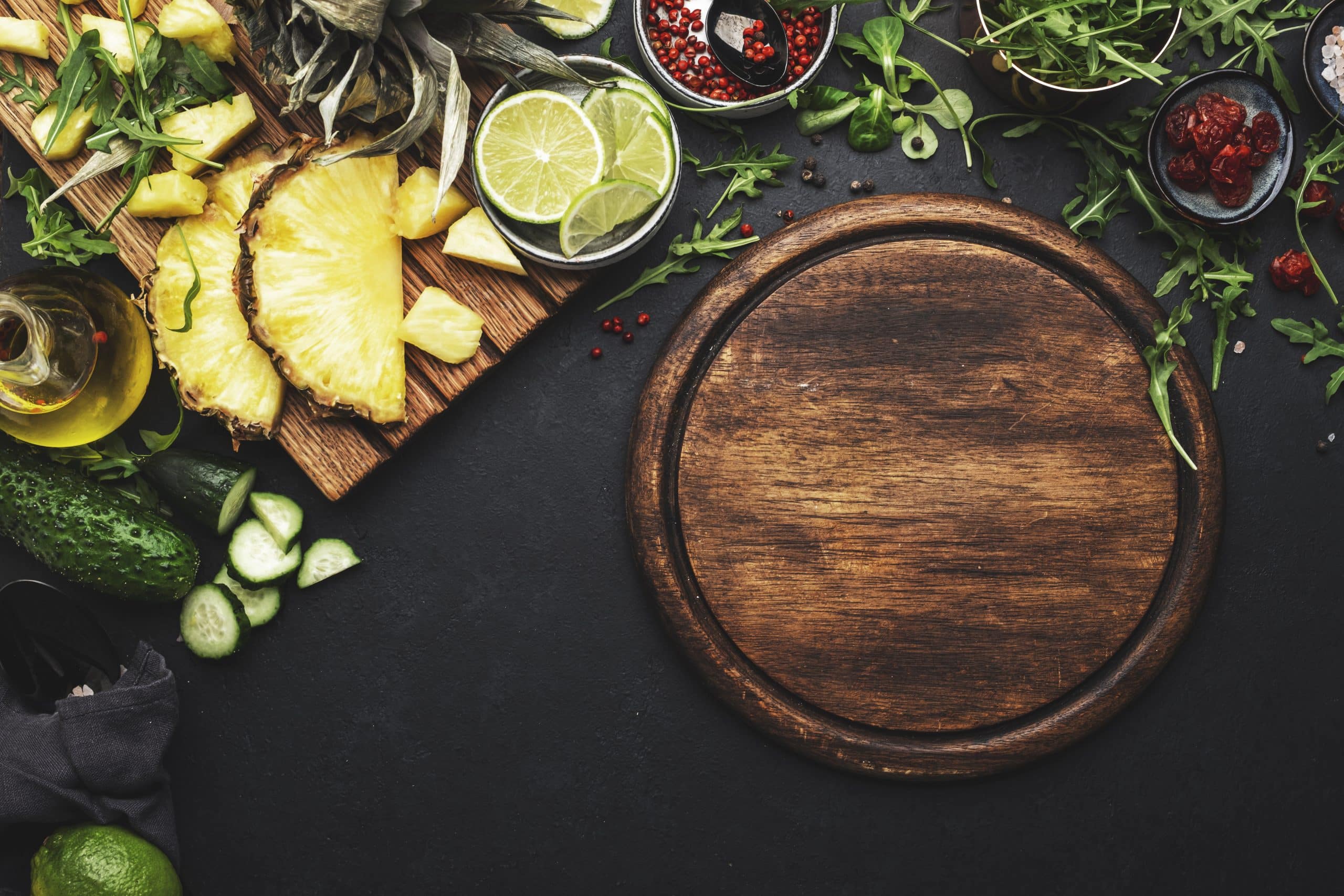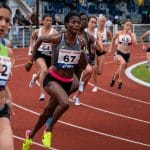The world of endurance sports is a demanding one, requiring both physical and mental resilience. But there is another crucial aspect that often gets overlooked: nutrition. More specifically, the pre-event meal. This meal, consumed before an endurance event such as a marathon or triathlon, plays a vital role in an athlete’s performance. But what exactly should this meal comprise of? This article delves into the nutritional guidelines that should be followed for pre-event meals in endurance sports.
The Importance of Pre-Event Nutrition in Endurance Sports
Before we dive into the specifics of pre-event nutrition, let’s understand why it’s important.
Sujet a lire : How to Use Resistance Training for Injury Prevention in Distance Runners?
In endurance events, athletes push their bodies to the limit for extended periods. This requires a massive amount of energy, and the primary source of this energy is the food consumed before the event. A thoughtfully planned pre-event meal can provide the necessary fuel to sustain energy levels, delay fatigue, and enhance overall performance.
However, every athlete is unique, and there isn’t a one-size-fits-all approach to pre-event nutrition. It’s important to experiment with different foods and timings to figure out what works best for you. Keep in mind personal tolerance and digestive comfort, as these can significantly impact performance.
A lire en complément : What Are the Mental Preparation Techniques for Athletes Competing in High-Pressure Environments?
Carbohydrates are Key
Carbohydrates should be the star of your pre-event meal. Why? Because they are your body’s preferred source of energy during endurance activities.
Complex carbohydrates, such as whole grains, fruits, and vegetables, are particularly beneficial as they release energy slowly, maintaining blood sugar levels and preventing energy crashes. In contrast, simple carbohydrates, like those in sugary snacks and drinks, can lead to a quick spike and subsequent drop in energy levels.
A general guideline is to consume about 1 to 4 grams of carbohydrates per kilogram of body weight, 1 to 4 hours before the event. For example, if you weigh 70 kg, you should eat between 70 and 280 grams of carbohydrates. This can vary depending on the duration and intensity of the event and individual tolerance.
Don’t Forget about Protein
While carbohydrates take center stage in pre-event meals, protein plays a crucial supporting role.
Protein aids in muscle repair and recovery, which can be particularly beneficial in endurance events that cause significant muscle stress. Including a source of protein in your pre-event meal can help reduce muscle damage during the event.
Options for quality protein sources include lean meats, dairy products, eggs, and plant-based proteins like lentils and chickpeas. However, avoid consuming large amounts of protein as it can cause stomach discomfort during the event.
Hydration is Essential
Hydration is a significant part of pre-event nutrition. Even mild dehydration can negatively impact performance in endurance sports, causing fatigue, dizziness, and decreased coordination.
Aim to start your event well-hydrated by drinking plenty of fluids in the lead-up. The amount needed can vary based on factors like ambient temperature and individual sweat rate. As a general rule of thumb, aim for a urine color of pale yellow to know you’re well-hydrated.
Timing Matters
The timing of your pre-event meal is just as important as what’s in it.
To maximize energy availability and minimize digestive discomfort, aim to eat your main pre-event meal 3-4 hours before the start. This allows sufficient time for digestion and absorption of nutrients.
If you can’t eat a full meal that far in advance, consider a smaller meal or snack 1-2 hours before the event. Again, this will depend largely on your personal tolerance and preference.
In conclusion, a well-planned pre-event meal, rich in carbohydrates, with adequate protein and hydration, consumed at an appropriate time, can significantly enhance performance in endurance sports. Adjust these guidelines to suit your individual needs and preferences, and always experiment in training, not on race day. Remember, nutrition is a powerful tool in the arsenal of an endurance athlete, and mastering it can give you a significant edge over your competitors.
Balancing Your Macro and Micronutrients
The pre-event meal should not just be packed with carbohydrates and proteins. It should also contain a balance of macro and micronutrients.
Macronutrients, including fats, are essential for maintaining energy levels during an endurance event. While carbohydrates are the body’s primary energy source, fats provide a sustained energy source, especially for long-duration events. It is advisable to include a small amount of healthy fats in your pre-event meal. Avocados, nuts, seeds, and fatty fish like salmon are good sources. However, avoid high-fat foods as they can slow digestion and cause gastrointestinal discomfort during the event.
Micronutrients, such as vitamins and minerals, play critical roles in energy production, muscle contraction, and oxygen transport. For instance, minerals like sodium, potassium, and magnesium help maintain electrolyte balance and prevent muscle cramps. Iron is essential for oxygen transport, while vitamins like B and C aid in energy production.
Including a variety of fruits and vegetables in your pre-event meal can provide these essential micronutrients. Alternatively, consider a sports drink or supplement if you struggle to get these nutrients from food. However, avoid taking large amounts of supplements without a healthcare professional’s advice as it can lead to imbalances and health issues.
Adjusting Pre-Event Nutrition Based on Event Duration and Intensity
The nutritional needs for a pre-event meal can vary depending on the event’s duration and intensity.
For short duration events (less than 1 hour), a small carbohydrate-rich snack or meal that includes a little protein is usually enough. Remember to hydrate adequately as well.
For moderate duration events (1-3 hours), focus on a meal rich in complex carbohydrates and moderate protein. Include a small amount of fat and hydrate well.
For long duration events (more than 3 hours), the pre-event meal should have a high amount of complex carbohydrates, moderate protein, and a small amount of fat. Additionally, pay more attention to hydration and electrolyte balance.
Remember, these are general recommendations, and individual needs can vary. It’s essential to train your body to fuel correctly for the specific demands of your event. Experiment with different meal compositions, timings, and hydration strategies during your training to figure out what works best for you.
Conclusion
In the world of endurance sports, pre-event nutrition is an integral part of an athlete’s strategy for optimal performance. A well-planned pre-event meal should primarily be rich in carbohydrates, have an adequate amount of protein, a little healthy fat, and a balance of macro and micronutrients. It should also ensure proper hydration.
The timing of this meal is crucial, and the food composition should match the event’s duration and intensity. Remember that every athlete is unique, and what works for one may not work for another. Experiment during training to create your own personalized pre-event nutrition plan. Always remember that nutrition is not just about eating; it’s about fueling your body for the grueling demands of endurance sports. Mastering this can give you a significant edge over your competitors.











